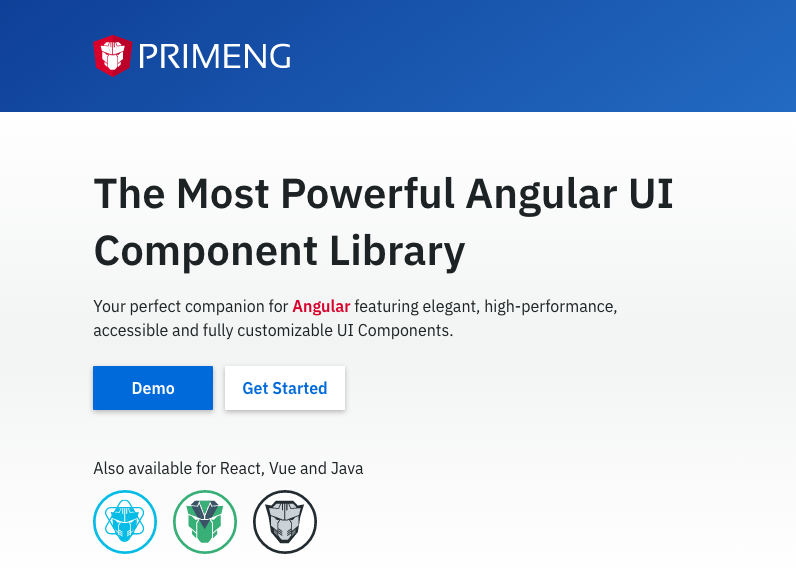X : Can you apply pace layers to maps?
Me : You can but what is where evolves. However, same rules apply to things, practices, data, knowledge and ethical values. All are forms of evolving capital. In the mapping world, we refer to this with pioneers, settlers and town planners.
X : What's the robot for?
Me : Image from an older presentation slide, don't worry it has no relevance.
X : Is this linked to diffusion?
Me : Not simply. Evolution of a single component can consist of many hundreds of diffusion curves i.e. a virus diffuses but it also evolves.
X : Why have you got DevOps in legacy? We haven't even started yet.
Me : That's not my problem. I would take a look at serverless.
X : DevOps is serverless.
Me : Some of the practices maybe co-opted (see ITIL vs DevOps) but the new faction will decide what it is or isn't.
X : I also disagree with your methods graphic.
Me : Do you mean this? As applied to the following map?
X : Yes. Lean is suitable for innovation.
Me : Ah, that depends upon what you mean by innovation. If you mean Genesis then lightweight XP has it beat.
X : I disagree.
Me : Well, I've had 15 years of people telling me that Agile works everywhere or Lean works everywhere or Six Sigma works everywhere and why all the competing methods don't. I have no interest in the conversation. Use appropriate methods based upon context.
